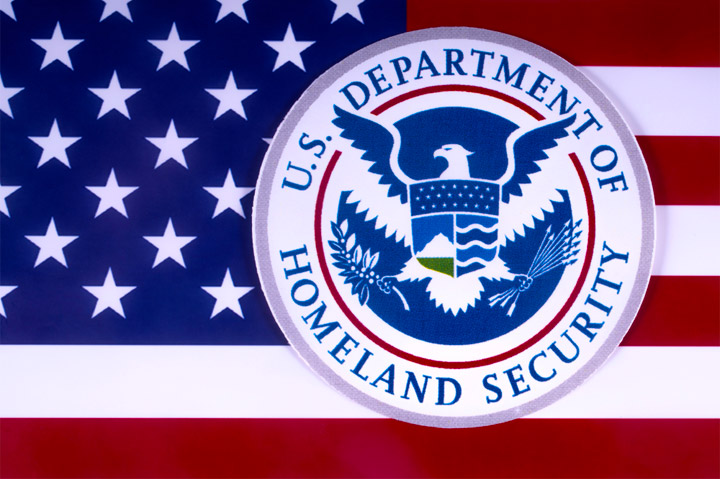January 25, 2022
DHS Takes Steps to Implement Xinjiang Import Ban
A recently signed federal law prohibits imports from Xinjiang, a region in China where critics believe widespread forced labor is occurring.
The U.S. Department of Homeland Security is taking what it described as an “important first step” toward implementing the Uyghur Forced Labor Prevention Act.
Recently signed into law by President Joe Biden, the legislation essentially prohibits all imports from Xinjiang due to concerns that Uyghurs and other ethnic minority groups primarily of the Muslim faith are being pressed into forced labor in the sprawling region of northwestern China.

The law means that promotional products suppliers, along with distributors that import directly and U.S.-based importers across industries, are now legally obligated to ensure that their supply chains do not have inputs from Xinjiang.
On Jan. 24, DHS said that it’s seeking public input from importers and other stakeholders to help develop a strategy for enforcing the act, which allows for goods from Xinjiang to enter the U.S. only if an importer can prove by clear and convincing evidence that the items were not made with forced labor.
After receiving public feedback, DHS’s Forced Labor Enforcement Task Force will conduct a public hearing and develop a strategy for supporting enforcement of the new import law.
“I look forward to hearing from our stakeholders as we continue to work closely to protect our vital trade ecosystem and end these horrific practices around the world,” said DHS Secretary Alejandro Mayorkas.
Xinjiang provides approximately 85% of the cotton from China, which produces more than 20% of the world’s supply of cotton. The region also makes about half the world’s supply of an important element for solar panels. This significant position in global supply chains had led some business groups and large companies, including Apple, to lobby against restrictions on imports from Xinjiang.
Still, both Democrats and Republicans in Congress overwhelmingly believed that China’s alleged abuses of Uyghurs and others in Xinjiang warranted a ban on imports from the region.
China’s government has reportedly detained Uyghurs and others and forced them to work in labor camps. The U.S., other countries and human rights groups have accused China of things like unjustly imprisoning Uyghurs and forcing sterilization on them – treatment that, taken with other alleged abuses, amounts to genocide, according to critics and human rights experts.
Last year, the Biden administration formally declared that the treatment of the Uyghurs by China’s government is genocide. Estimates by scholars indicate that more than 1 million people in Xinjiang have been detained in camps. Some of those have been released, but others have been sent to prison and made to work in factories, critics say. Beijing denies any wrongdoing.
When bans on select products from Xinjiang like cotton and tomatoes were previously announced, some promo products suppliers said they’d taken extensive steps to make sure their supply networks aren’t tainted by forced labor and/or tied to Xinjiang.